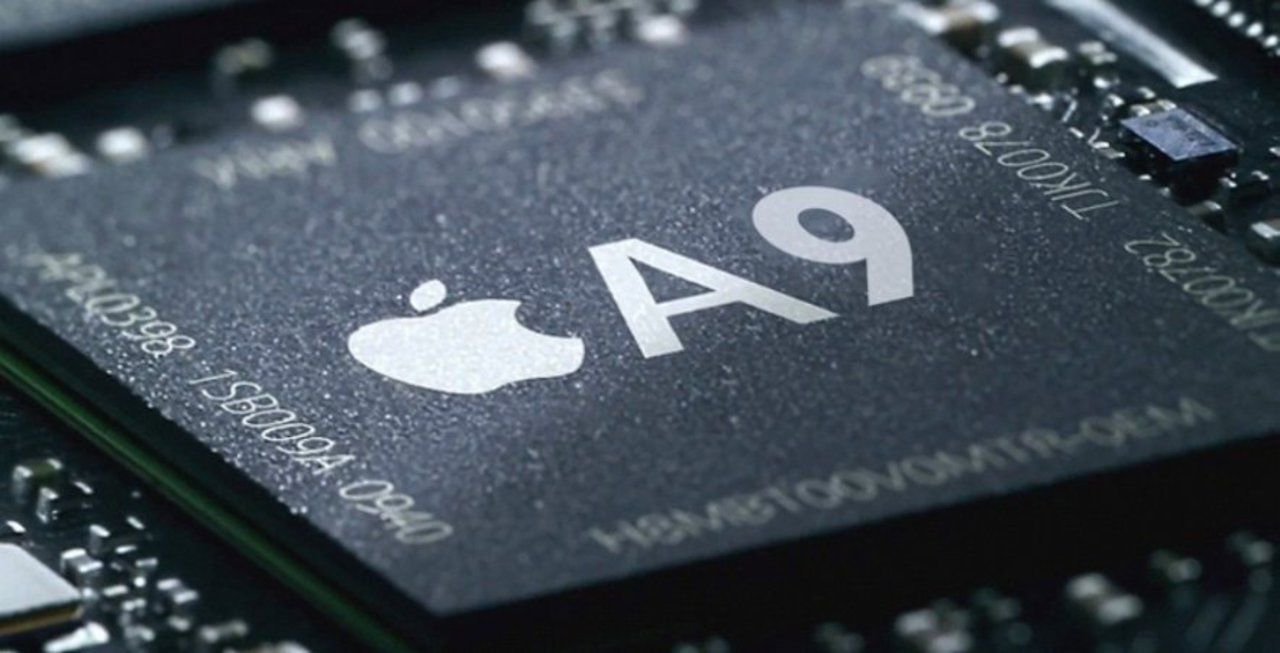
It's unclear what percentage of A9 chips both manufacturers are supplying Apple, some believe that Samsung has received majority of the orders while others say TSMC is the major supplier for the A9. A JP Morgan Securities analyst believes that this controversy has cost Samsung Apple's business for the iPhone 7 processor. TSMC is now expected to receive all orders for the A10 processor since Samsung's A9 chip is underperforming. Even if this is true one can't expect Samsung to sit idly by while TSMC takes away all of Apple's business, but we must not forget that TSMC did receive all orders for Apple's A8 chip in 2014, so it won't be surprising if Apple goes down this road again for the A10. There's a long way to go before A10-powered products enter mass production, a lot can happen between now and then.












